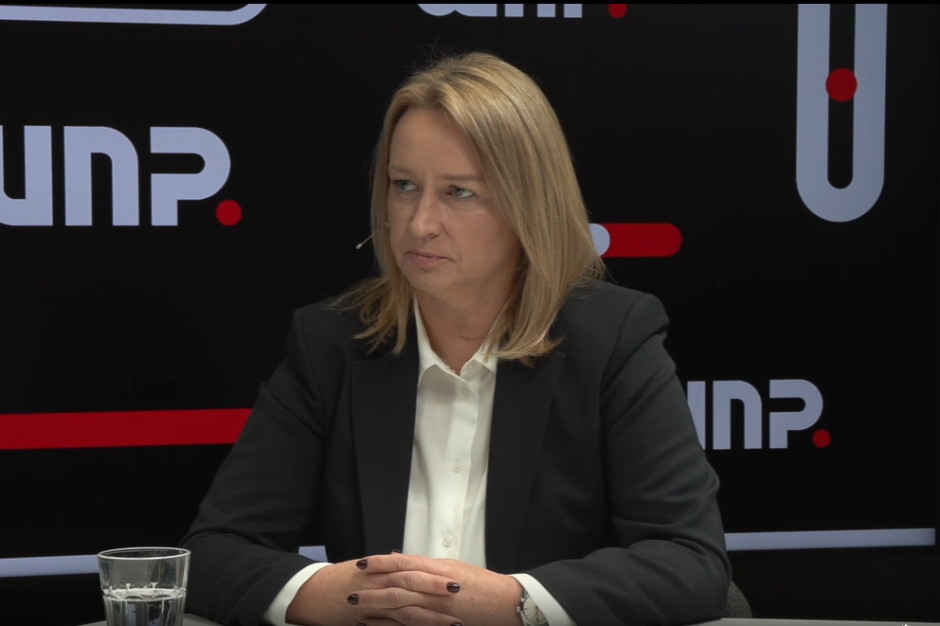Diversification of suppliers and spatial dispersion of data guarantee security

- Digital sovereignty has gone from being a niche concept to a mainstream topic in Polish business. This is partly due to geopolitical tensions.
- Polish companies are increasingly careful about where and under what jurisdiction their data is processed, but a systematic approach to digital resilience is still lacking.
- The concentration of the national data infrastructure in the Warsaw area poses a real risk to the continuity of services and system security.
Digital sovereignty has ceased to be a theoretical concept and has become one of the key topics in Polish business.
"Just a year ago, digital independence wasn't a topic. Now, there's no conference where it hasn't been discussed," admits Magdalena Chudzikiewicz of home.pl.
Why the changes? According to the CIS representative, it's due to geopolitical tensions that have forced a shift in thinking about digital independence. As the manager argues, Poland and Europe have become dependent on a few global cloud providers. Although European alternatives such as France's OVH, Germany's IONOS, and Italy's Aruba are gaining ground, companies from the continent still don't match the scale of American offerings.
Meanwhile, entering a single ecosystem of services comes with an obvious price: the risk of vendor lock-in . The expert emphasizes that Polish companies should analyze their vendor's "situation" much more carefully: whether they rely on open solutions or a single, closed, large cloud environment.
Magdalena Chudzikiewicz also points out that even the computing infrastructure located in Poland is in the so-called Warsaw bagel. This, she believes, creates systemic risks.
***
The material was created in cooperation with home.pl.
wnp.pl




